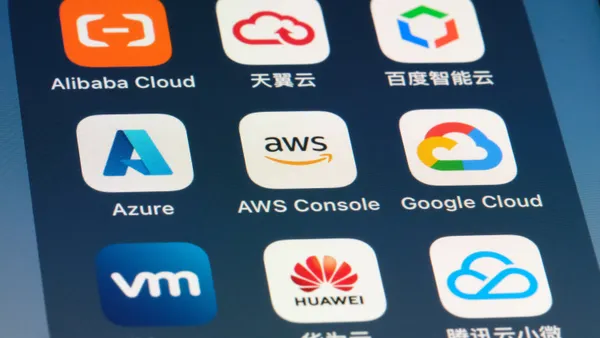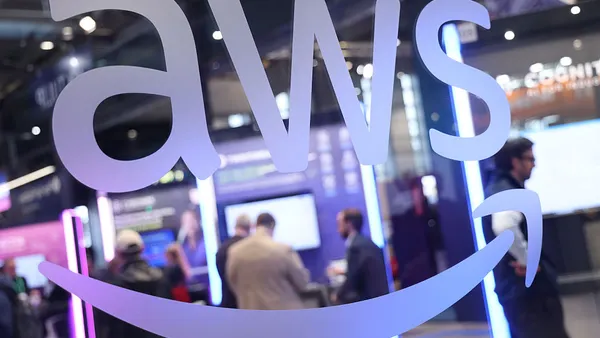Dive Brief:
- Google continued to ratchet up spending on technical infrastructure to meet growing demand for cloud compute services during the first three months of the year. The tech giant reported capital expenditures of $17.2 billion, primarily in servers and data centers to support consumer and enterprise products, cloud services and AI research, CFO Anat Ashkenazi said during a Q1 2025 earnings call Thursday.
- The company plans to increase capital expenditures by more than 40% to roughly $75 billion this year, compared to $52.5 billion in 2024. “We exited the year in cloud specifically with more customer demand than we had capacity and that was the case this quarter as well,” Ashkenazi said. “We want to make sure we ramp up to support customer needs and customer demands.”
- Google saw its cloud division revenues increase 28% year over year to $12.3 billion, driven by core infrastructure and AI services. Operating income for Google Cloud, which reported its first profitable quarter two years ago, grew 142% to nearly $2.2 billion during the three months ending March 31.
Dive Insight:
AI is the driving force behind massive capital investments by Google and its two larger hyperscale competitors, AWS and Microsoft. The technology shaped the infrastructure used to train and deploy large language models and opened the floodgates for a fresh wave of data center spend.
Less than 24 hours after the earnings call, Google announced a $3 billion commitment to build out facilities in Virginia and Indiana. The company also created a $75 million AI training fund and launched an AI fundamentals training course, according to the Friday announcement.
Earlier this month, Google unveiled the seventh generation of its AI-optimized tensor processing unit, called Ironwood. The processor was designed to speed inference workloads and power an expanding suite of AI agents created by Google and several of the hyperscaler’s key enterprise technology provider partners, including Accenture, Deloitte and KPMG.
As autonomous AI tools raised security concerns and cyber leaders looked to leverage generative AI tools, Google beefed up its cloud protection portfolio through its $32 billion acquisition of Wiz last month.
“Together we can make it easier — and faster — for organizations of all types and sizes to protect themselves, end-to-end and across all major clouds,” said Sundar Pichai, CEO of Google and parent company Alphabet, during the Thursday earnings call.
“We think this will help spur more multi-cloud computing — something customers want,” Pichai added.
Cloud security is a perennial priority for CIOs, ranking just below cost controls, according to Flexera. It’s also an ongoing area of focus among providers.
Microsoft tightened internal security controls and said it had improved cloud vulnerability response protocols as part of its Secure Future Initiative earlier this month. Amazon CEO Andy Jassy highlighted AWS's attention to security last year after Microsoft suffered a series of state-linked cyber breaches.
During the Thursday earnings call, Google executives made no mention of a federal court ruling that found the company’s online advertising technology violates antitrust regulations. The company had already filed an appeal in a separate antitrust case pertaining to its online search business.















